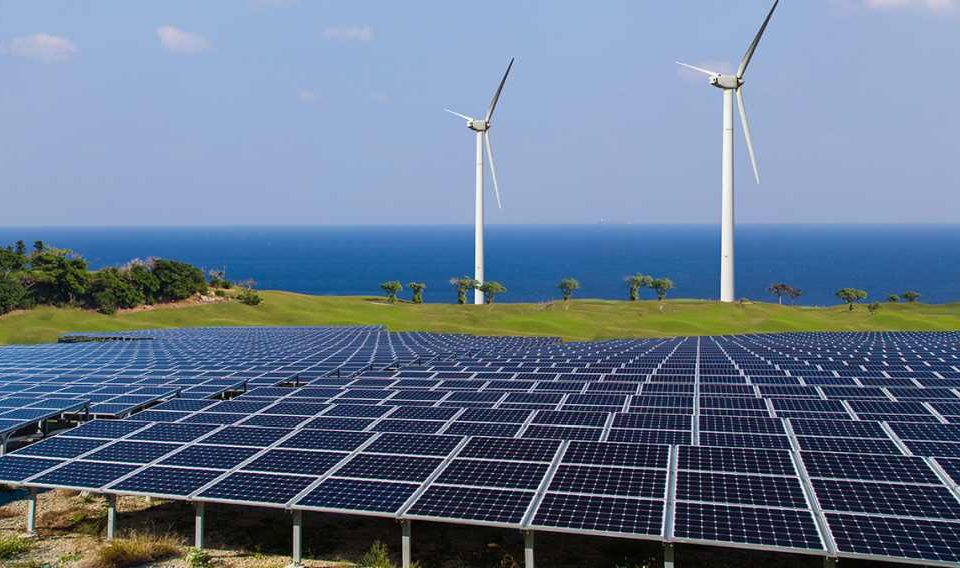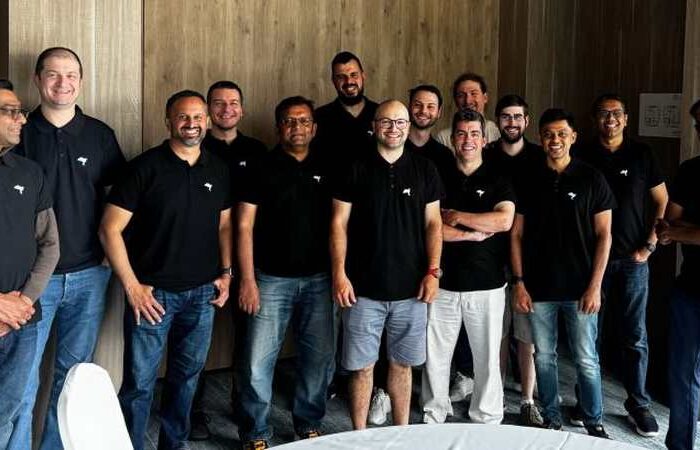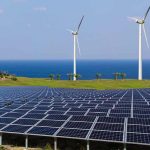Microsoft and Acadia Infrastructure Capital lead a $9 billion investment in U.S. renewable energy projects

U.S. investor Acadia Infrastructure Capital, alongside Microsoft and other companies, is driving efforts to develop a $9 billion pipeline of renewable energy projects across the country.
The initiative, led by Acadia Vice President Brian O’Callaghan, marks the launch of the Climate and Communities Investment Coalition (CCIC), with Microsoft as a key member. Acadia is also engaging with companies from sectors like retail and consumer goods to expand the coalition’s reach.
Microsoft and Acadia are the latest to join a growing list of tech giants and investors committing billions to clean energy projects aimed at tackling climate change and its environmental effects. Back in 2020, Microsoft teamed up with former Amazon CEO Jeff Bezos to support a $10 trillion energy initiative designed to bring electricity to the 1 billion people worldwide who currently live without it.
“The CCIC’s reason for being is to accelerate corporate-led renewable energy financing with real tangible benefits to local communities,” O’Callaghan told Reuters. He explained that the coalition aims to build around 5 gigawatts of renewable power over the next five years.
This project promises benefits such as affordable clean energy for low- and middle-income households, creating jobs for local communities, and supporting contractors with diverse ownership. Falling costs have already made renewables an attractive option, but CCIC is expected to speed up adoption, especially as corporations increasingly seek Renewable Energy Certificates (RECs). These certificates allow companies to green their energy supply or offset emissions from their supply chains.
O’Callaghan noted, “It’s just about the pace of build-out. Renewable energy… will continue to expand without corporations. With corporations, the pace becomes exponential.” He added that corporate investments are likely to attract additional funding from other sources.
The coalition’s first deal saw Matrix Renewables secure financing for a 210-megawatt solar project, with backing from Microsoft. Danielle Decatur, Director of Environmental Justice at Microsoft, highlighted the alignment of the program with the company’s sustainability goals, saying it supports those efforts “through high-quality renewable energy procurement.”
Yinka Bode-George, CEO of the non-profit Sustain Our Future Foundation, which is collaborating on the social impact aspect, emphasized the program’s community-driven focus, stating it would “help deliver meaningful, lasting benefits to community stakeholders.”




